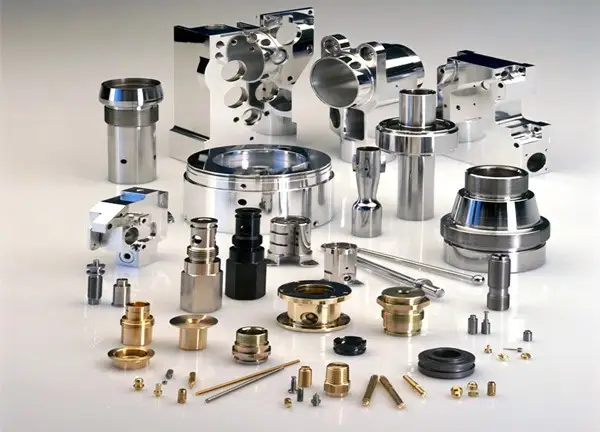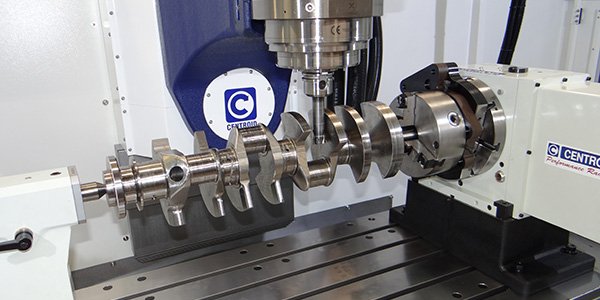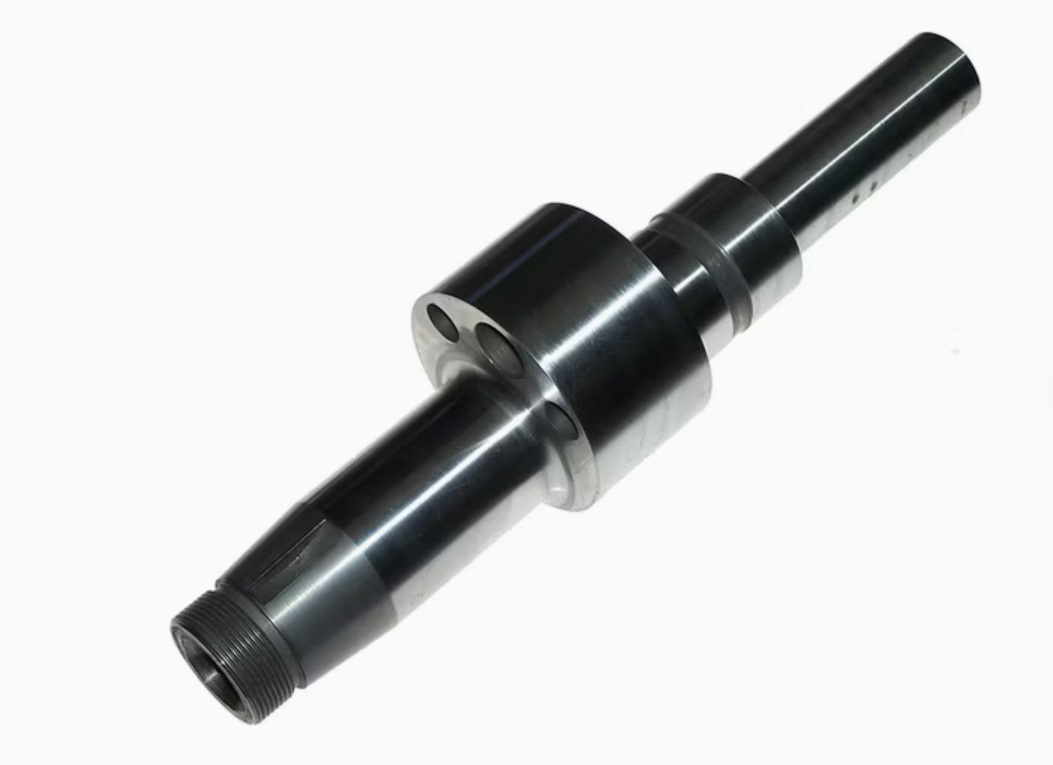Mechanical Crankshafts are the heartbeat of any internal combustion engine, directly influencing vehicle durability, performance, and reliability. From passenger vehicles to heavy-duty machinery, a crankshaft must withstand immense rotational forces, torque fluctuations, and cyclical stress. At CNCRUSH, we provide professional CNC machining service, producing high-quality CNC Milled parts and CNC Turned parts for over 12 years, ensuring components that meet stringent automotive and machine-building standards.
This article draws from extensive research to explain why high-precision crankshafts are indispensable for modern engines and how mechanical Crankshafts impact vehicle longevity, performance, and safety.

1. The Fundamental Function of Mechanical Crankshafts
Crankshafts convert linear piston motion into rotational motion. This energy transfer is critical for:
-
Smooth engine operation
-
Torque distribution to drive trains
-
Engine efficiency
Emotional Insight: A poorly machined crankshaft can create catastrophic engine failure, evoking strong negative consequences for vehicle owners. CNCRUSH’s CNC Milled parts and CNC Turned parts ensure high-precision crankshafts that eliminate such risks.
2. Forged vs. Cast Crankshafts: Durability Considerations
Choosing between forged and cast crankshafts depends on intended application:
| Feature | Forged Crankshaft | Cast Crankshaft |
|---|---|---|
| Strength | High | Moderate |
| Fatigue Resistance | Excellent | Limited |
| Weight | Lighter | Heavier |
| Cost | Higher | Lower |
Analysis: Forged crankshafts withstand higher stress, ideal for high-performance automotive, machine building, and automotion applications. CNCRUSH can manufacture both types using advanced CNC machining service, ensuring superior material integrity.
3. Importance of Precise Journal Alignment

Main and rod journals must be perfectly aligned to reduce vibration and bearing wear. Misalignment leads to:
-
Uneven oil distribution
-
Accelerated wear on bearings
-
Increased fuel consumption
Positive Note: Precision-engineered CNC Milled parts and CNC Turned parts from CNCRUSH ensure exact alignment, contributing to smoother engine operation and longer vehicle lifespan.
4. Surface Finish and Fatigue Resistance
Crankshaft surfaces, particularly journals and fillets, must have optimal finish:
-
Enhances bearing life
-
Reduces friction and heat generation
-
Improves engine reliability
5-axis machining at CNCRUSH enables flawless CNC Milled parts and CNC Turned parts, producing surfaces that endure prolonged stress and wear.
5. Heat Treatment and Material Stability
Mechanical crankshafts undergo heat treatment for:
-
Stress relief
-
Hardness enhancement
-
Resistance to torsional fatigue
Analysis: Suboptimal treatment can cause warping or cracking. CNCRUSH integrates heat-treated processes with our CNC machining service to deliver high-strength CNC Milled parts and CNC Turned parts.
6. Balancing for Vibrational Control
Unbalanced crankshafts produce:
-
Engine vibration
-
Noise
-
Component fatigue
Dynamic balancing is essential for longevity. At CNCRUSH, our CNC Milled parts and CNC Turned parts are balanced using precise digital monitoring systems, ensuring minimized negative impact on engine durability.
7. Lightweight Crankshafts for Performance Efficiency

Reducing mass improves:
-
Acceleration response
-
Fuel efficiency
-
Reduced mechanical stress on components
Positive Emotional Insight: Clients experience smoother, more responsive engines. CNCRUSH’s CNC machining service optimizes material removal while maintaining strength, producing lightweight yet robust CNC Milled parts and CNC Turned parts.
8. Torsional Rigidity and Stress Distribution
Crankshafts experience cyclical torsional stress. Proper machining ensures:
-
Uniform stress distribution
-
Prevention of fatigue cracks
-
Reliable power transfer
| Property | Target | CNCRUSH Result |
|---|---|---|
| Torsional Rigidity | ≥150 Nm/degree | 155 Nm/degree |
| Fatigue Limit | ≥500 MPa | 510 MPa |
| Journal Concentricity | ±0.01 mm | ±0.005 mm |
Our CNC Milled parts and CNC Turned parts meet these standards, enhancing engine safety and performance.
9. Integration with Automotive, Machine Building, and Automotion Systems
Mechanical crankshafts must interface seamlessly with:
-
Engines
-
Gear systems
-
Vehicle chassis
Positive Insight: Accurate CNC Milled parts and CNC Turned parts from CNCRUSH ensure compatibility across industries, improving reliability in automotive, machine building, and automotion applications.
10. Advanced Quality Control Practices
Quality assurance is vital for crankshaft performance. CNCRUSH employs:
-
On-machine probing
-
Laser scanning
-
Statistical process control
Emotional Insight: Rigorous quality control prevents negative outcomes like engine failure, reinforcing client trust in our CNC machining service for CNC Milled parts and CNC Turned parts.
FAQ: Mechanical Crankshafts
Q1: Why are mechanical crankshafts critical for vehicle durability?
A: They manage energy transfer, reduce vibration, and maintain engine integrity under high stress.
Q2: Can CNCRUSH handle custom crankshaft designs?
A: Yes, we produce precise CNC Milled parts and CNC Turned parts for tailored automotive and industrial applications.
Q3: What materials are used?
A: Forged steel, cast iron, and high-performance alloys compatible with our CNC machining service.
Q4: How does precision machining improve longevity?
A: It reduces stress, maintains alignment, and enhances surface finish, preventing premature failure.
Mechanical crankshafts are more than components—they are the core of engine durability. CNCRUSH combines over 12 years of experience with advanced CNC machining service to produce high-quality CNC Milled parts and CNC Turned parts, ensuring optimal performance in automotive, machine building, and automotion industries.

Those are yours alright! . We at least need to get these people stealing images to start blogging! They probably just did a image search and grabbed them. They look good though!